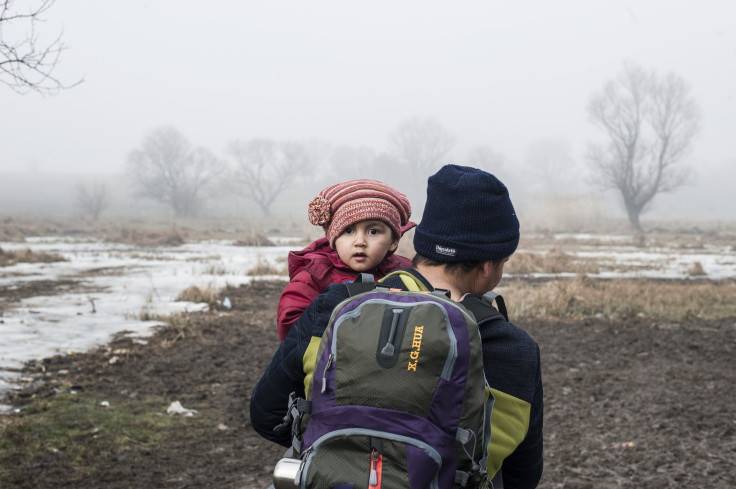Refugee Crisis 2016: Asylum-Seeker Children Disappearing, Europol Warns Amid EU Border Problems

More than 10,000 refugee children have disappeared in the past two years after registering for asylum in Europe, European Union law enforcement agency Europol warned, as EU leaders looked to stem the flow of migration ahead of warmer weather. Cold winter temperatures and increasingly dangerous sea conditions have not stopped tens of thousands of people from trying to make the risky journey to Europe in January, and young children face added dangers of exploitation both along the trip and upon arrival in the EU.
"Not all of them will be criminally exploited; some might have been passed on to family members," Europol Chief of Staff Brian Donald said, Agence France-Presse reported Sunday. "We just don’t know where they are, what they’re doing or whom they are with," said Donald, noting that the 10,000 figure was likely a conservative estimate.
Escalating violent conflicts in the Middle East and North Africa sent more than 1 million people to seek asylum in Europe in 2015, with more than half of them coming from war-torn Syria. While around 27 percent of all refugees that have arrived since 2015 are children, recent research from the United Nations reported that in January, around 55 percent of new asylum-seekers in Europe were women or children.
How this young Syrian refugee changed the lives of a group of American medical volunteers _ https://t.co/QUCjZEPlbW pic.twitter.com/rLymnOKKG6
— BBC World Service (@bbcworldservice) January 31, 2016Europol's report on missing refugee children looked at those who registered as asylum-seekers at some point in Europe and then disappeared. Around 5,000 of the 10,000 missing children disappeared in Italy, a country that has been a popular point of entry for tens of thousands of refugees looking to cross into Europe via the Mediterranean Sea — often coming from North Africa.
Greece has been another frequent point of entry because of its close proximity to Turkey, and EU leaders such as German Chancellor Angela Merkel have looked to stem the flow of refugees traveling from Greece to northern European countries like Sweden and Germany. European authorities have attempted to slow migration by creating a bottle-neck in Balkan countries like Macedonia by adding additional border guards and police vehicles as leaders look for a permanent solution to the crisis, the Wall Street Journal reported.
“So no matter what, we need to prevent the influx from massively increasing again in the spring,” German Interior Minister Thomas de Maziere said, as reported by German magazine Der Spiegel, adding, “time is running out.”
© Copyright IBTimes 2024. All rights reserved.






















